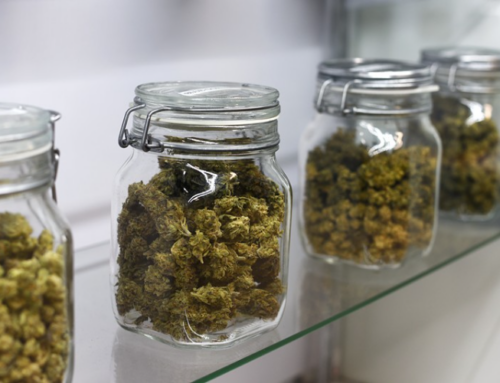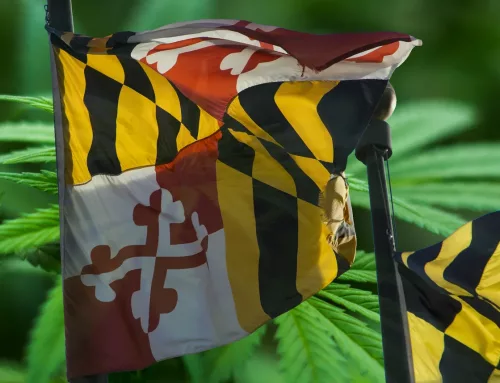Harborside Fails In Long-Shot Legal Bid To Overturn Unfair Industry Tax Burden
SAN FRANCISCO – A U.S. appeals court has rejected the dispensary and branded cannabis products chain, Harborside, in their bid to overturn Section 280E of the Internal Revenue Code.
The U.S. 9th Circuit Court of Appeals today upheld a U.S. Tax Court ruling that Oakland-based Harborside owes millions of dollars in back taxes for taking business deductions and exclusions in connection with the sale of a federally illegal substance.
It was a bellwether legal case for the cannabis industry. The industry’s hopes of eliminating this federal tax provision have been dashed. The law taxes cannabis companies at a far higher rate than mainstream companies. The law continues to cost cannabis companies millions in unfair taxation, diverting important cash resources that can otherwise have been re-invested in critical areas for the emerging industry, such as, hiring, innovation development and R&D investments.
For example, a cannabis company could have a net loss on its internal books but, by operation of Section 280E, have significant taxable income for federal tax purposes, resulting in a challenging outcome to the company.
What is Section 280E? Why does it matter to the cannabis industry?
- Section 280E of the Internal Revenue Code prohibits the deduction of business expenses when the trade or business consists of trafficking in controlled substances.
- As cannabis continues to be legalized and regulated at the state level, cannabis remains an illegal controlled substance at the federal level subject to the prohibitions of Section 280E.
- The IRS continues to audit and litigate against businesses trafficking in controlled substances.
Enacted in 1982 in response to a U.S. Tax Court case that allowed a drug dealer to deduct expenses in connection with his illegal activities, Section 280E provides:
No deduction or credit shall be allowed for any amount paid or incurred during the taxable year in carrying on any trade or business if such trade or business (or the activities which comprise such trade or business) consists of trafficking in controlled substances (within the meaning of schedule I and II of the Controlled Substances Act) which is prohibited by Federal law or the law of any State in which such trade or business is conducted.
Thus, Section 280E prohibits any trade or business that consists of ”trafficking” in controlled substances from deducting or taking credits for any amounts paid or incurred during the taxable year. The U.S. Tax Court has interpreted “trafficking” by reference to the verb “traffic,” denoting engagement in regular commercial activity, which includes legal distribution of medical cannabis to consumers under state law.
This is commonly interpreted to mean that cannabis businesses may not deduct necessary costs (other than Cost of Goods Sold or COGS) in calculating gross income for federal tax purposes. The Section 280E prohibitions impose additional economic strain on cannabis businesses that are operating in an already highly regulated and competitive market.
Ultimately, it appears the only way out of this impasse, and overturn 280E, is for members of the House and Senate to support the federal legalization of cannabis. Unless Section 280E is repealed or Cannabis is legalized at the federal level, businesses ”trafficking” in cannabis (whether legally or illegally at the state level) must still calculate gross income without the benefit of business deductions prohibited by Section 280E.
Highly Capitalized Copyright 2021 © All Rights Reserved.





































